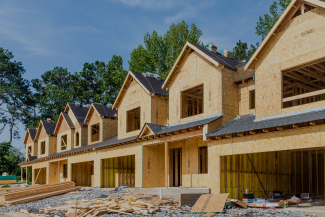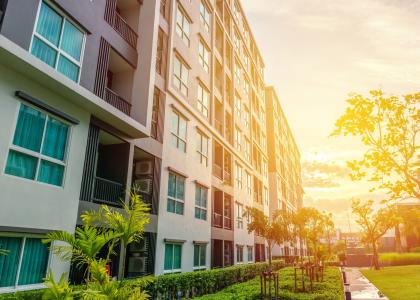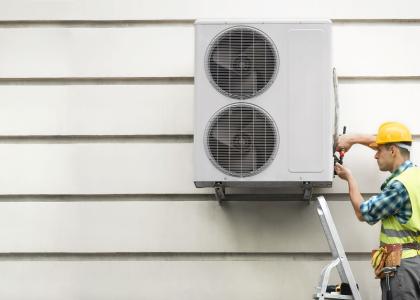The International Code Council (ICC) announced on Wednesday night that it had finalized its new model energy code by unilaterally stripping key energy efficiency and decarbonization measures developed by stakeholder consensus. The ICC’s Board of Directors overturned the supermajority votes of its residential and commercial consensus committees, the findings of its expert staff, and the judgment of its Appeals Board in favor of unfounded and inadmissible complaints by a handful of special interests. The ICC Board made its decision after a two-hour hearing, despite three years of deliberation by its committees and three days of hearings by its Appeals Board.
The residential and commercial building provisions of the draft 2024 International Energy Conservation Code (IECC) were reached by consensus among industry organizations, state and local government officials, and energy efficiency advocates, including the American Council for an Energy-Efficient Economy (ACEEE). A new process that limited local governments’ role in developing the IECC resulted in fewer energy efficiency gains than the last code cycle, but included important initial steps to ensure new buildings are wired for EV charging, include energy-efficient heating systems, and provide the electrical outlets needed for homeowners to install a heat pump water heater. The ICC then violated its own policies for hearing appeals so it could accommodate a handful of special interests. The ICC’s Board accepted several of those appeals, stripping measures that would have benefited homeowners and businesses that will now be burdened with the cost of expensive retrofits in the future.
“The International Code Council bent over backward to accommodate a few powerful industries, calling into question the organization’s legitimacy,” said Michael Waite, director of codes and building standards at ACEEE. “When the International Code Council broke its own rules to hear appeals from special interests, we thought the code council had reached its nadir. But the board’s last-minute decision to go against the people they selected and the process they themselves stood up represents a new low. Perhaps most disappointing is the ICC board’s disregard for the high retrofit costs they have decided to stick homeowners and businesses with in the future.”
The appeals by representatives of gas utilities, apartment building developers, and HVAC equipment manufacturers contended that the IECC’s scope and intent did not allow for provisions aimed at decarbonizing homes, removing the bias against electric heat pumps in commercial buildings, and providing charging infrastructure for electric vehicles. When the ICC stood up the new process for 2024 IECC development, it claimed to be “leading the way” on “a path forward on energy and sustainability to confront a changing climate.” During the 2024 IECC development process, ICC staff repeatedly confirmed to the consensus committees that the decarbonization measures they were considering were within the IECC’s scope and intent. Yet in the board’s decision, it decided that measures its members “viewed as concerning greenhouse gas reduction” would be removed from the code’s requirements to optional appendices, even though the ICC’s written procedures give the board members no authority to write the IECC themselves. Without holding any public hearings on the subject, they further removed other optional appendices intended for jurisdictions that want more advanced energy codes.
“The International Code Council is not serious about confronting climate change,” Waite said. “Not only can we not take the International Code Council seriously as a partner in achieving the level of building energy performance we need, but it also cannot even be considered an honest administrator of its own processes. With the Appeals Board’s rejection of the appeals, we thought the International Code Council might finally be turning a corner toward making much more progress in the face of climate change. Sadly, we were wrong.”



